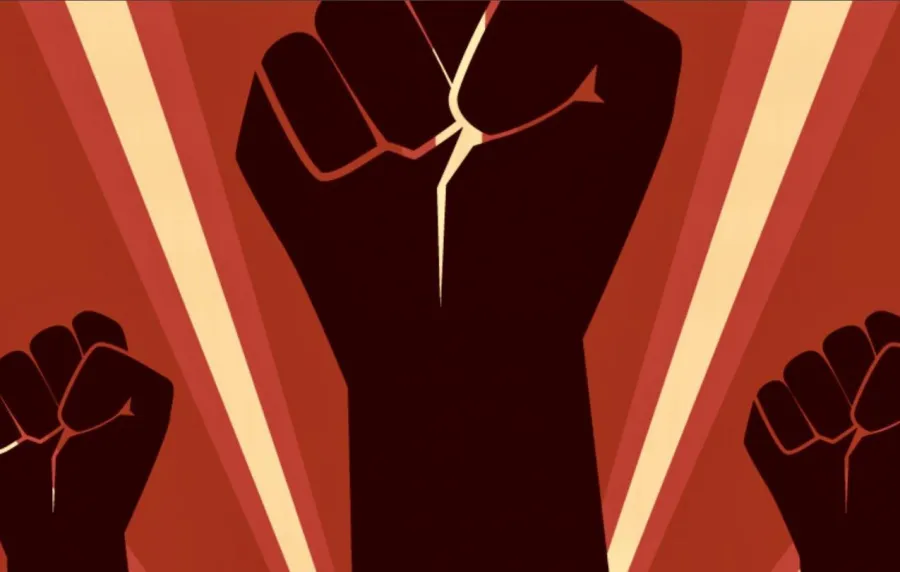Labor Day 2019: Unions Riding Popular Wave, Attracting Millennials

Labor unions are continuing to gain momentum, with the latest proof coming from a new Gallup poll, which shows that 64 percent of Americans approve of unions, a near 50-year high.
More and more people, regardless of political party, view unions as essential to levelling the playing field, providing economic security and unrigging a system that’s for too long favored the wealthy and powerful.
The union message of dignity and security resonates strongly with millennial workers (those born between 1981-1996), as noted by Republican-American reporter Harrison in a front-page story that ran on Labor Day 2019.
According to the federal Bureau of Labor Statistics workers under 35 represented 76% of growth in union membership from 2016-17, as 198,000 millennials joined unions.
Recent union momentum is not just a passing fad. It’s the result of workers facing the facts about how much more powerful a union can make them, and of a broader desire for the voice on the job that only comes with being a union member.
But make no mistake, despite the encouraging news about unions, these are not friendly times for the nation’s workers.
Wages continue to remain largely flat in spite of low unemployment while CEO pay increases at an alarming rate, helping to fuel widespread income inequality across the country.
According to the AFL-CIO’s Executive Paywatch, CEOs of S&P 500 companies received, on average, $14.5 million in total compensation in 2018. The average S&P 500 company CEO-to-worker pay ratio was 287 to 1.
Unions provide a counterbalance to a rigged economic system that benefits corporations and the uber-rich. The union difference means we have a voice on the job and a seat at the table to improve public services and negotiate for good wages, livable benefits, fair treatment, and pay equity.
